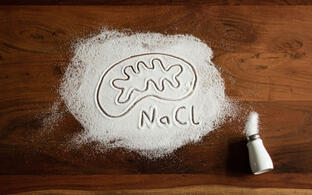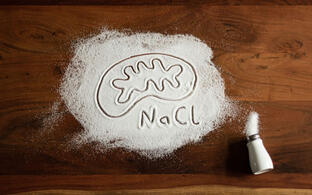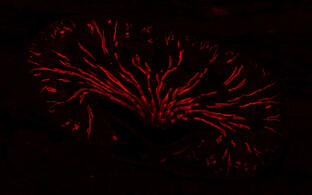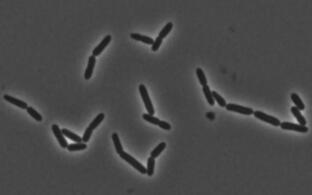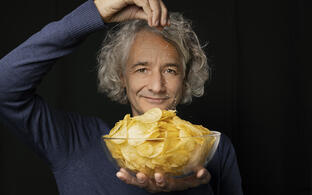
The salt scientist
Dominik Müller investigates how lifestyle affects the molecular regulation processes in the body – such as how a high-sodium diet impacts the immune system and cardiovascular health. In doing so, he deliberately transcends the boundaries between disciplines.

